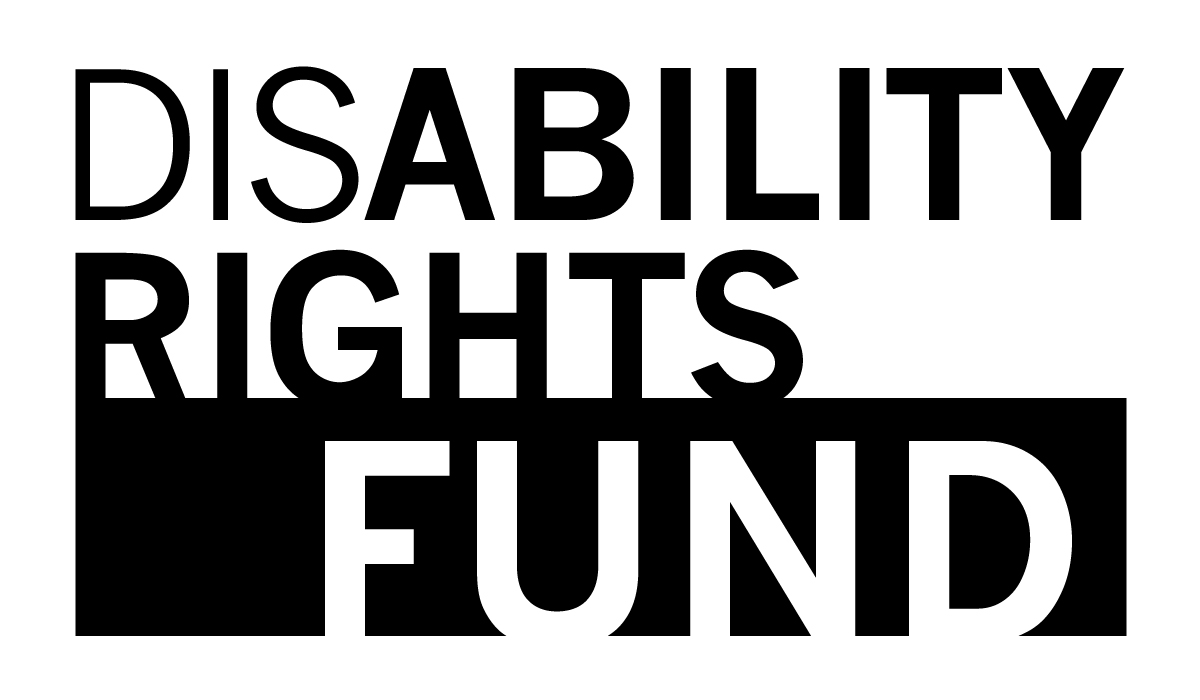The UN Convention on the Rights of Persons with Disabilities (CRPD) articulates a profound shift in the understanding of disability and the rights of persons with disabilities. It replaces the formerly dominant charity and medical model with one in which persons with disabilities (PWDs) are recognized as rights-holders who have the same rights as everyone else. The CRPD forms the philosophical foundation of the Disability Rights Fund (DRF), and informs our Vision, Mission and Guiding Principles.
DRF grants are made to disabled persons organizations (DPOs) at country-level in the developing world to support the advancement of rights described in the CRPD. DRF funds both increased capacity of grassroots, marginalized and emergent groups of people with disabilities to advocate for their rights and ongoing efforts of national level disabled persons’ organizations to effect legislative and policy changes.
Why address grantmaking to local or national organizations in countries within the developing world?
Globally, 80% of all PWDs live in the developing world, and there, they make up 20% of the poor. However, what little funding exists for the work of Southern DPOs is usually routed through and controlled by Northern international NGOs. Given the resulting power differential, PWDs and DPOs in the South “often have little or no control over what is being done ‘to us’ ‘for us’ or ‘on our behalf.’ As a consequence, development projects can leave behind little but disappointment.” By choosing to make human rights grants available to DPOs in the developing world, DRF can directly support those communities who have been denied rights and opportunities as a result of disability and lack of resources.
Why make grants to organizations at the country level?
By ratifying a human rights treaty, States Parties agree to respect internationally recognized rights of their citizens and to provide them with adequate remedies. However, it is at the national level where systems for the reinforcement of rights are set up and where real changes can thus occur. DRF grants strengthen local stakeholders who can then hold governments accountable for fulfilling the rights of persons with disabilities. By supporting civil society efforts at country level to ratify, implement, and monitor the CRPD, DRF seeks to make a more direct impact on improving the conditions of PWDs.
Why focus on DPOs?
As articulated in article 4 of the CRPD — in ratification, implementation and monitoring of the CRPD – the active involvement of organizations of persons with disabilities is required. DRF aims to empower Disabled Persons’ Organizations (DPOs) to take on the role mandated for them in the Convention.
In DRF’s understanding of the term, “DPO,” DPOs are representative organizations or groups of PWDs, where PWDs constitute a majority of the overall staff and board, and are well-represented in all levels of the organization. It includes organizations of relatives of persons with disabilities (representing children with disabilities, people with intellectual disabilities, or the deafblind) where a primary aim of these organizations is empowerment and the growth of self-advocacy of persons with disabilites. In addition, DPOs have an understanding of disability in accordance with the social model.
Why support human rights work?
The CRPD signals a move from viewing disability as a medical issue to recognizing that persons with disabilities are rights holders. If US data are any guide, only 4% of total foundation and corporate spending goes to disability and very little of that, if any, goes towards rights. Most money funneled towards disability is aimed at prevention, rehabilitation, or charity. DRF addresses the lack of donor involvement in this area and leverages the enormous promise of the CRPD to advance the rights of persons with disabilities. In addition, DRF believes that supporting human rights work has the potential for groundbreaking social change over the long-term as opposed to the short-term improvements offered by service provision.
Why does DRF focus on grassroots, marginalized and emergent organizations as well as more established organizations?
As with any population, there is significant variation in the rights and opportunities that different persons with disabilities have been able to enjoy. Often particular groupings (e.g. deafblind, people with intellectual or psychosocial disabilities, ethnic and religious minority PWDs), are particularly disadvantaged and face monumental barriers and discrimination. DRF sees a two-track solution to these challenges: (1) ensuring there is ample space in the disability movement for those who face the most significant barriers, and (2) working with those in the disability movement best-positioned to pressure government to effect legislative and policy changes to advance the CRPD.
How does DRF work with its grantees?
We work closely with our grantees and monitor the progress they make through regular and open communication. We treat our partners with the utmost respect in all communications and are there to advise and support their activities. We welcome collaboration with our grantees as we work together to promote the rights of persons with disabilities.
